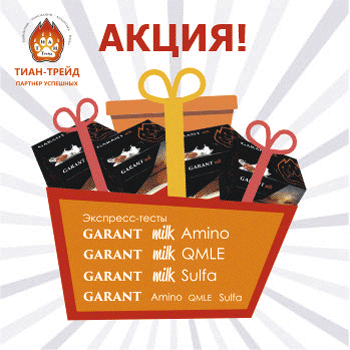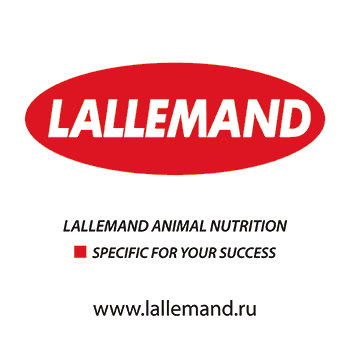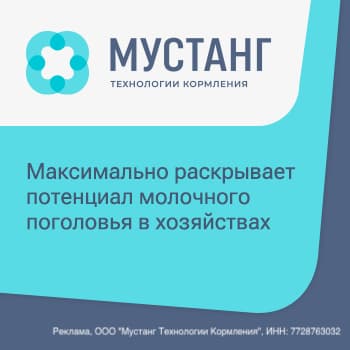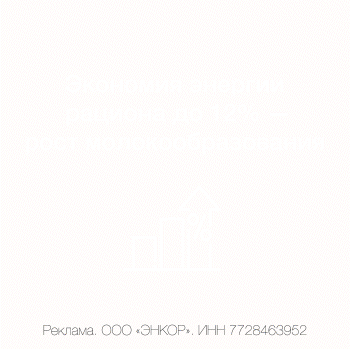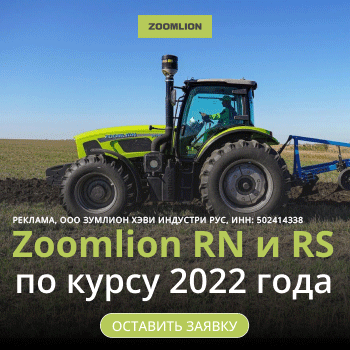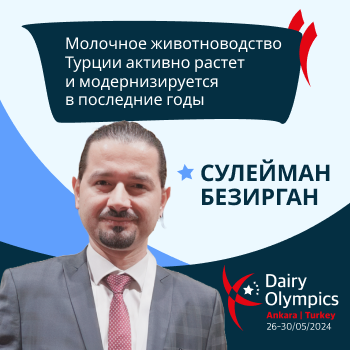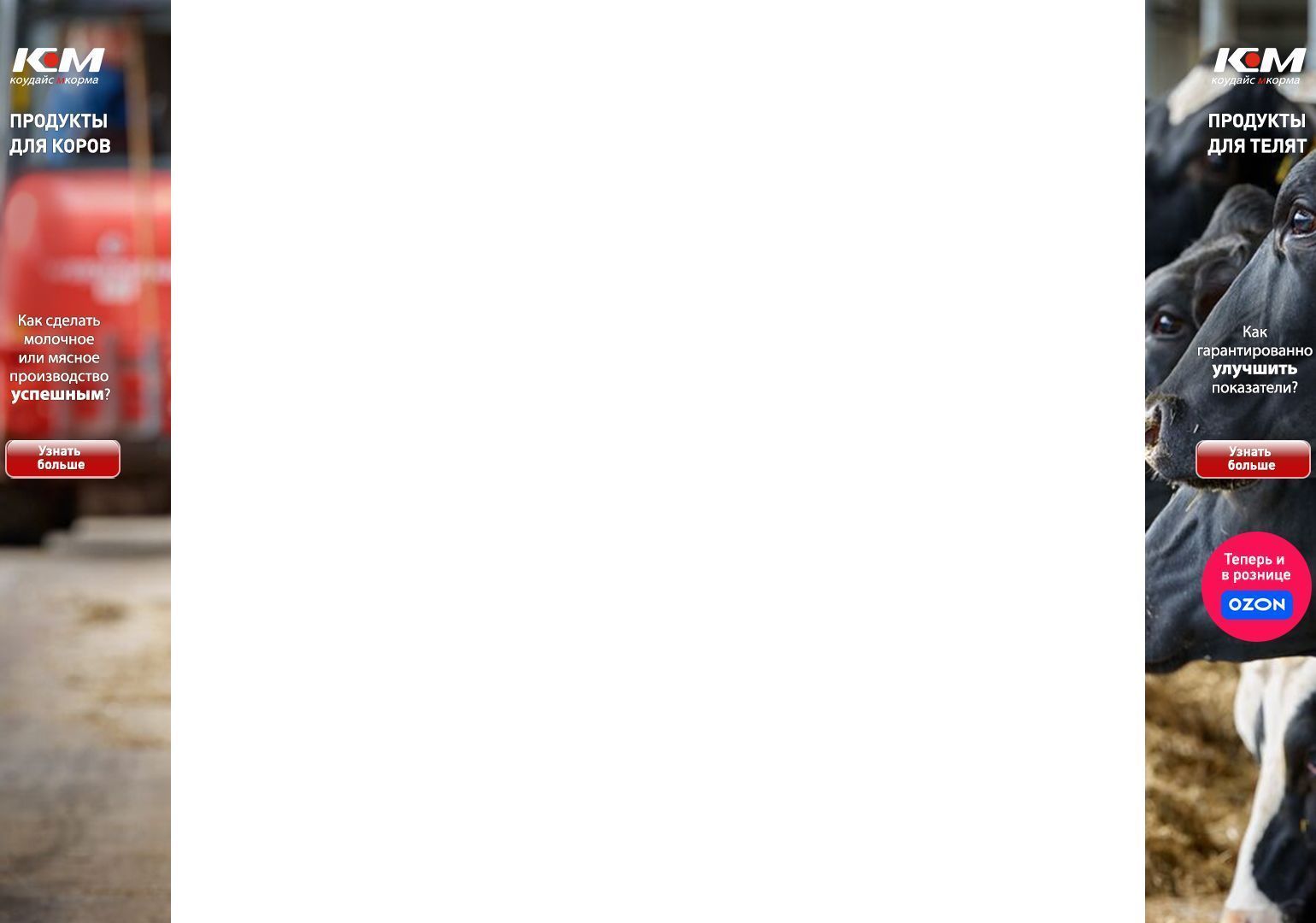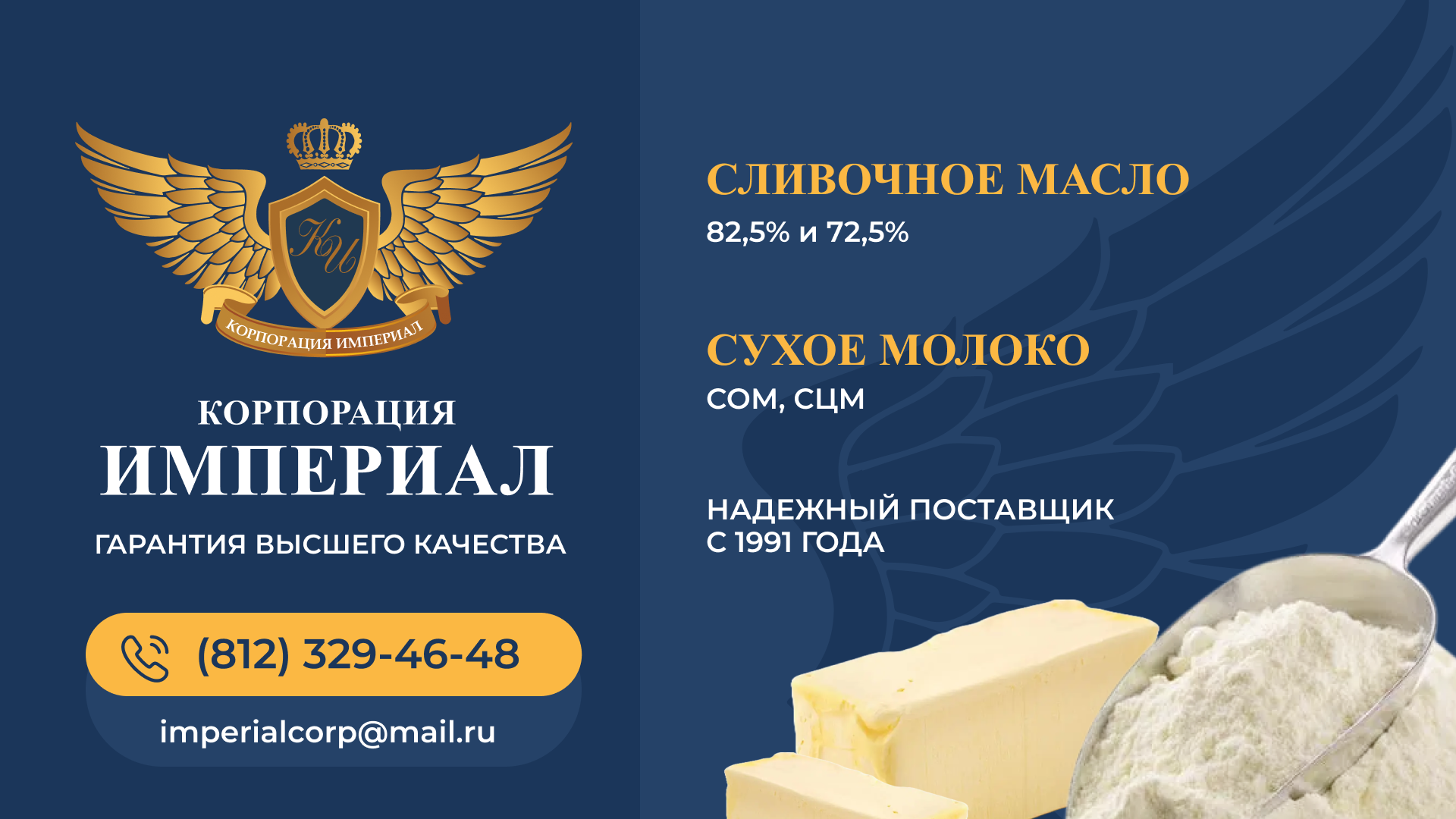Crazy business. Blitz-interview Piet Bijman, international goat expert
 DN: Peter, at this moment which country prefers investing in goat farming?
DN: Peter, at this moment which country prefers investing in goat farming?
P.B.: Actually I see investments everywhere because goats is booming business, I mean dairy goats. And I am mostly travelling to Russia and China.
DN: Could you give information about what kind of farms are being built in Russia and in China. Are they medium-sized or big farms?
P.B.: At this moment I’m working on two farms in Russia, one with 800 dairy goats and the other one likes to have 4000.
DN: 4000?! In which regions?
P.B.: In Voronezh region.
DN: So, these two farms are in Voronezh region?
P.B.: 800 is in Kaluga and 4000 is in Voronezh region.In October I went to Voronezh farm to discuss the farm buildings and delivery of the goats: how many and when.
And then in China, yes there it is crazy, completely booming business because there I am working advising and training the staff on the farm of 40000 goats.
DN: Is this the Feihe company?
P.B.: Yes, Feihe company, they are already busy from the early 50ies of last century with milk powder. It’s one of the biggest companies in China on milk powder. They are setting up goat farms in different regions of China and they even go abroad. At the moment they are building a dairy factory in Canada.
The very big problem in China is shortage of land, e.q. shortage of fodder. They are importing alfalfa hay in very big bales from the USA at the moment.
DN: To your point of view is Canada rather good country where goats is rather good business, is it an attractive country?
P.B.: In Canada they have quite a lot of dairy goats. Feihe is seeing opportunities. First of all to get milk from the Canadian goat farmers, and secondly harvest crops which can be send to China.
DN: And if we speak about these two big investors here in Russia could you please name them, who are these investors, from which companies are they?
P.B.: The 800 head goat farm is probably the first real eco-farm in Russia. It is called “Jersey farm”. They have Jersey cows and they have goats.
The other farm, in Voronezh which I am visiting is the company “Molvest” that do have already a number of dairy cow farms. They have dairy factories and now they like to start with dairy goats.
DN: It’s very interesting. And at this moment they are looking for a place where…
P.B.: They actually have two places where they could build the farm and they ask me to have a look at those places which will be the best to build a goat farm.
DN: And when will be the end of this project?
P.B.: I think, they will start as quick as possible. I know they can build quite fast and I will advise them to do the establishment in different stages, to start, for example, every year with 1000 goats and if you are having a very good management then add 1000 goats again till you reach 4000.
DN: OK. Pieter, do you have some kind of economic aspects of goat farming? How much should the investor take into the business plan for one goat, if we speak about investments?
P.B.: I make business plans for different farmers and it depends a little on what kind of farm, what kind of machinery and what the farmer likes to have. Of course, what you like to do is make it realistic in such way, because I’m always going to say: Ok, the farmers has to get his money from somewhere, it doesn’t matter if he has it from his own pocket or he has to get it from the bank or the Federal government. You have to work in such way that you can see when the breakeven point is there and when there is a profit. And that should be absolutely within 10 years.
There are a few points in the management which if I ask those questions I know already little bit of the farm. Can a farmer then tell me what the kidding percentage from all the goats is? Is 90% of your goats kidding every year? That’s the first question which I will ask. The second question what is your mortality rate from 0 to 3 months with new born kids? With this two answers I have a first indication about the management of the farm.
DN: But if we speak about Russian investments could you give some figures? What amount of dairy goats should be on one farm to be efficient?
P.B.: When you have a total chain from production up to the consumer you can make most profit. You should have, of course, your farm and you should have a dairy factory to make different products which are very good on the market.
Russians have one advantage that dairy goat products are quite expensive, farmers can get a good amount of money. I know from my own experience that many Russians understand the characteristics of goat milk very well. They know that it is good for asthma, they know that it is good against eczema, they know that people who are allergic for cow milk, easily can drink goat milk.
DN: To your point of view in Russia this is the only way to be economically efficient? If you would like to receive a lot of money from goat farming is the only way to build your own processing facilities?
P.B.: There are, of course, many ways. But we have one problem in Russia that the small farmers they are not able to get money from the bank as they have no juridical status. It’s a pity! Small Goat farmers can come together, (unite themselves) and they can make together, for example, a small dairy factory to sell their products in a very good way. It’s the same with dairy cows.
Farms below 500 dairy cows are not able to get a loan from the bank and that’s a shame. I think the government either from oblast, republic or even the Federal government could help those farmers, e.g. by giving soft-term loans.
With good management everything is possible. But you need to have good management. Farmers ask the government for money to build an enterprise. You see a lot of large scaled farms but they have many problems and they are actually not profitable at all. And there are only a limited number that have done very well. And you see that there are a number of farms which started to farm in an old kolkhoz or sovkhoz, rebuilt it a little bit and they are doing very well. And there are some farms where the cows are fixed in the old system and they have 9000 kg of milk per cow. They are doing very-very well. So it is possible.
DN: Is it possible to be economic efficient with 10 dairy goats, is it possible or not?
P.B.: That we call more or less a hobby. Because with that you can have your work, have 10 goats and you can milk them, make some cheese if you like to do so at home. That is what I did, I had my work but I had 20 goats. I started to milk them by machine because nobody did know how to milk goats by machine. So I milked by machine, I converted a cow milking machine for dairy goats and I started to milk with different pulsation, different vacuum to see what was the best. In that way I learnt about the commercial goat farm. And I produced my own cheese.
DN: To your point of view how it is better to promote consuming goat milk here in Russia? Because there is really a big challenge for this processing farmers to promote it.
P.B.: The first and the most important thing is a good quality product which you can put on the market. When I go to Lavka-Lavka in Mega, I see products from goat milk and cheese. Unfortunately, often these products are not so good.
But at the eco-farm in Kaluga region they are making their own products and they look and taste very well.
DN: After implementing embargo is there changes in consumption goat cheese?
P.B.: 7-8 years ago Holland and France were exporting a lot of cheese to Russia and then I saw all the Russian people in supermarkets. They actually could go there with their eyes closed. They just took Dutch cheese, French cheese and they did know that the cheese was of perfect quality. Now when I see Russian people in the supermarket and they go for the cheese they need time to select some cheese of reasonable quality. The average quality of Russian cheese in the supermarket is of low quality.
French and other cheese makers are coming into Russia nowadays to learn the Russian people how to make good cheese. Making cheese is an art, which many Russian dairy producers don’t know how to do. It will need time.
DN: Maybe one day we will taste something that is exactly the same as French goat cheese?
P.B.: I think a company like Co and Co in Smolensk region is on the correct way. They actually learnt how to make cheese in France and they came with that knowledge here and they started to do it. They are really going for a very good quality cheese.
DN: Would you like to build your own farm one day here in Russia?
P.B.: If I was 20 years younger I would do so. But at my age – no.
DN: OK. Thank you very much.
The interview was taken on the conference “From goat to cheese - it is easy!”. To see all the materials. ![]()

